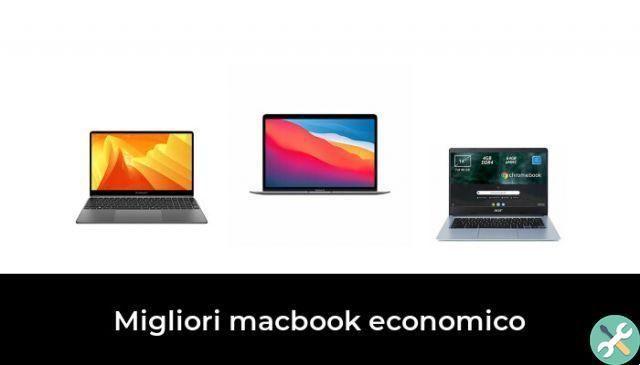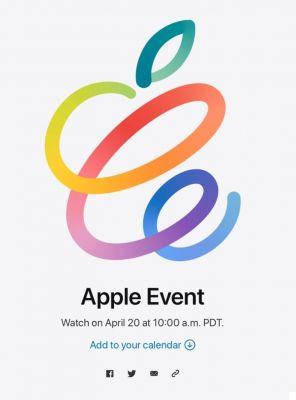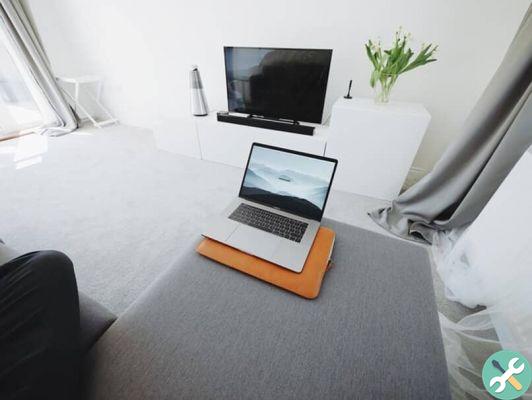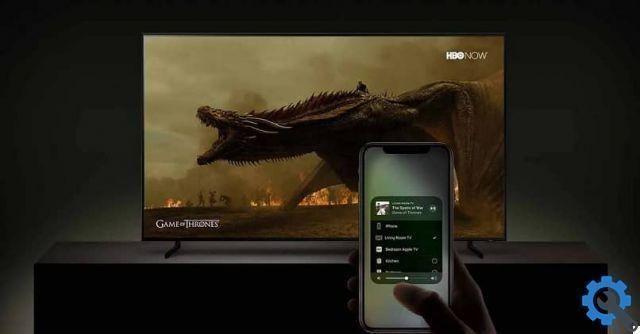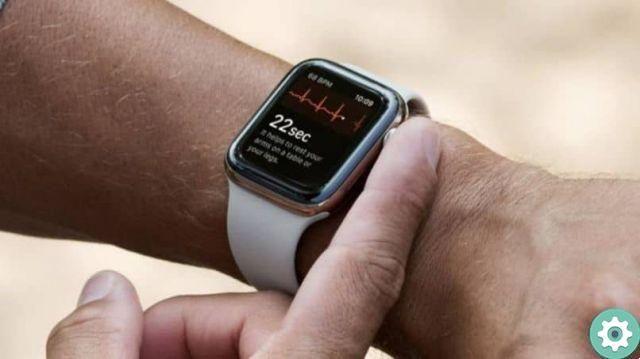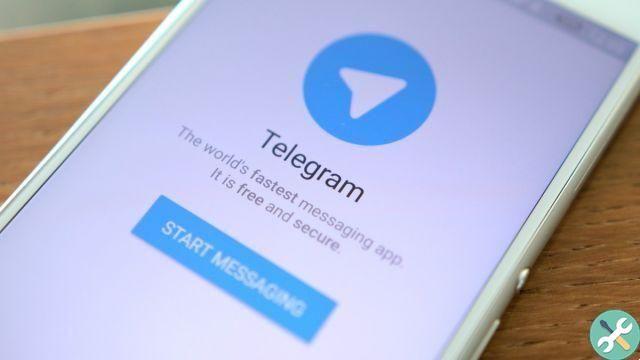
Pável Dúrov, developer of Telegram and creator of the social network VK, wrote an article on the blog of the company Telegram in which he exposes a series of false claims (according to him) that Apple uses to justify the 30% commission it charges for all payments. made using the purchasing systems in the App Store.
We translate in its entirety for you to provide data and encourage discussion of the merits of your claims.
-
Apple spends a lot of money on public relations and lobbying to maintain a monopoly of its power. If you follow the debate about the 30% commission producing higher prices and worse apps, surely you can apply at least one of the misrepresentations below.
Myth 1. The 30% commission allows Apple to keep the App Store.
In fact, running an app store costs only a fraction of what Apple charges app developers. Each quarter, Apple receives billions of dollars from third-party apps. Meanwhile, the expenses involved in hosting and reviewing these apps cost tens of millions, not billions. We know this because we at Telegram host and review more public content than the App Store will ever have. In reality, any company with a huge video platform will need a lot more servers and moderators than a company that runs an app store.
Myth 2. The 30% commission allows Apple to reinvest to make better iPhones.
In reality, Apple has about $ 200 billion in cash and doesn't know what to do with it. The money Apple takes from startups that need it to grow is apparently stored forever in some foreign Apple account. In recent years, Apple has been trying to catch up with Android phones in terms of both functionality and hardware. Since Cupertino no longer innovates and copying what others do does not require a large R&D (Research and Development) budget, the two hundred billion dollars (which includes the money taken by developers) are not used to improve iPhones.
Myth 3. Anyone can compete with Apple if they don't want to pay the 30% commission.
The problem is not to create an operating system (OS) that competes with Apple, but to get program developers to create apps for this new operating system. It's a vicious circle: Developers don't create apps if the operating system doesn't have enough users, and users don't buy phones that don't have enough apps from other companies. Even Microsoft, with its enormous influence among developers, has failed in trying to develop apps (like Instagram) for its Windows Phone and Microsoft has had to cancel its operating system. So no matter how much you invest in creating an alternative, the mobility market in 2020 is closed for new competitors.
Myth 4. Without iPhone, mobile app developers would have no way to distribute their apps.
Not only is this false, but the opposite is true: Without third-party apps, few people would buy an iPhone in 2020. Apple didn't invent native mobile apps, and if it wasn't Apple, another company would have filled the request for. an iPhone device with a touch operating system, perhaps a few years later. Before the world moved from desktops to handhelds, app developers already had hundreds of millions of users and paid zero commissions to the creators of desktop operating systems. For consumer service developers, the arrival of the App Store was a change for the worse.
Myth 5. Any developer who doesn't want to pay a 30% commission on iPhone can create Android apps.
Developers, when the critical moment comes, can't choose between iOS and Android: if they want to create a socially relevant service, they have to create apps for both platforms in this mobile duopoly. Try to imagine apps like Telegram or TikTok as an Android-only app and you'll quickly understand why Apple's platform can't be ignored. You can't ban iPhone users. As for iPhone users, the cost of a user who wants to switch from iPhone to Android is so high that it can be called a monopolistic captivity (you can read more in The Antitrust Case Against Apple, a study conducted by Yale University).
Myth 6. The App Store 30% fee is similar to that charged by other platforms.
Apple just released a study that says other platforms, like Google Play on Android, also have a 30% commission. This comparison is irrelevant, because Android allows its users to install apps from sources other than Google Play. Other companies can also create app stores that compete on Android. And compared to other platforms mentioned in that market study, they have nothing to do with mobile operating systems and are not even close to iOS and Android in terms of number of users / number of apps from other companies / cost of switching per users.
Myth 7. Controlling Apple's practices is against the free market and competition.
As we saw in Myth 3, there is no real competition among the mobile operating system market, but not even Apple is a "free market" player, because it uses the power of the law extensively to criminalize jailbreaks and ensure complete control over each. . phone they sell. Since Apple's monopoly is backed by legislation, it is difficult to justify a libertarian approach to its practices. As long as governments help Apple maintain its monopoly, they are also responsible for fighting the negative effects it produces.
Now that the antitrust investigations against Apple have begun, both in the US and in the US, I think Apple will insist even more on propagating the myths I described above. We shouldn't just sit back and let Apple's lobbyists and public relations do their job. Ultimately, it's up to us - consumers and creators - to stand up for our rights and stop the monopolists from stealing our money. You may think that we have been tricked into entering the trap, because we have already acquired a critical mass of your devices and created a critical mass of applications for your devices. But we shouldn't be playing with them anymore.




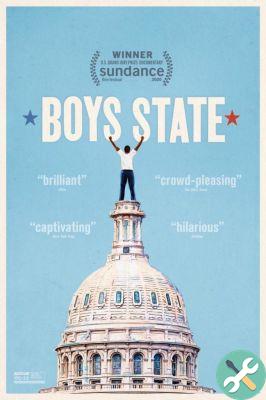
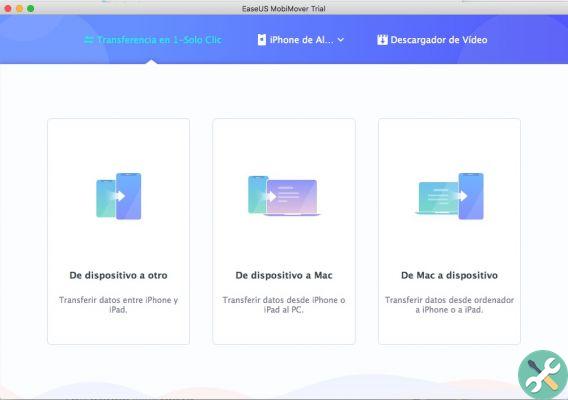
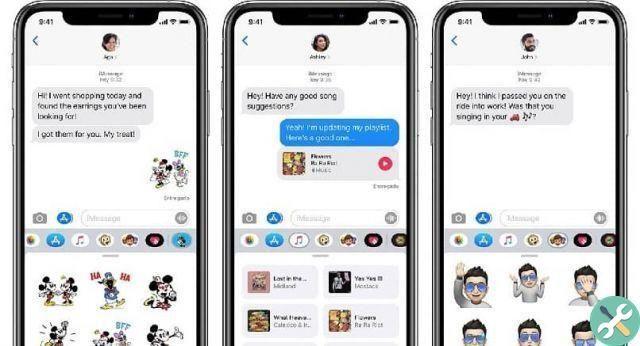

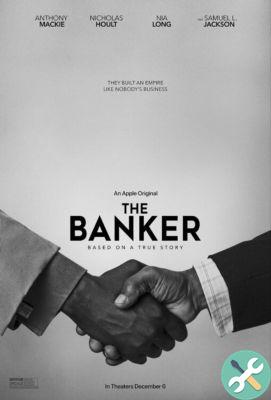


![Google also wants your Apple News [Updated] [2]](/images/posts/943dc0d8f28fcc4bc16fa30ed6d71f6a-0.jpg)



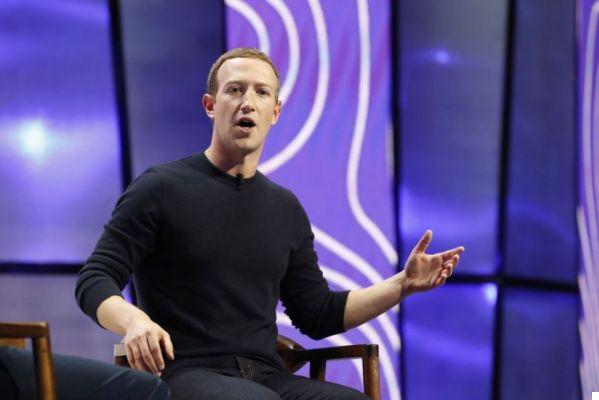
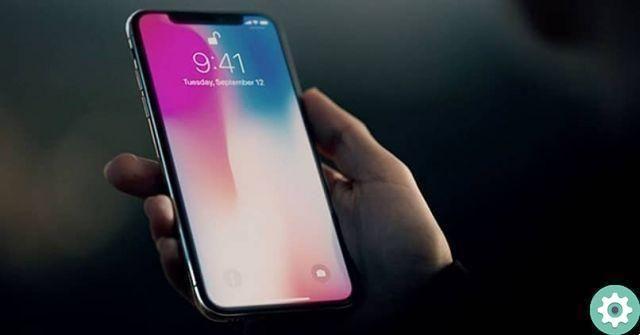
![Apple Vice Presidents Talk About Development of M1 for Mac [Updated]](/images/posts/c6254b668e5b3884d6b6338ccb8a02ff-0.jpg)

